Search
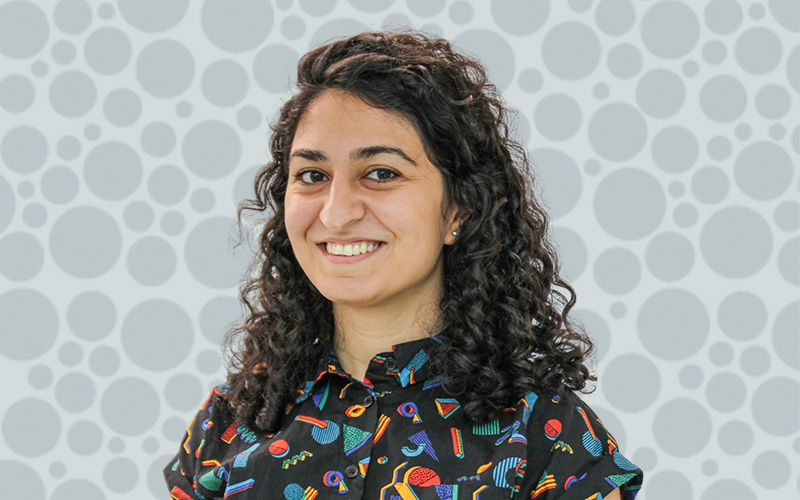
News & Events
Researchers narrow down field of new treatments for most common childhood brain cancerCancer researchers have narrowed-down the field of immunotherapy drugs which could be used to tackle a form of childhood brain cancer.
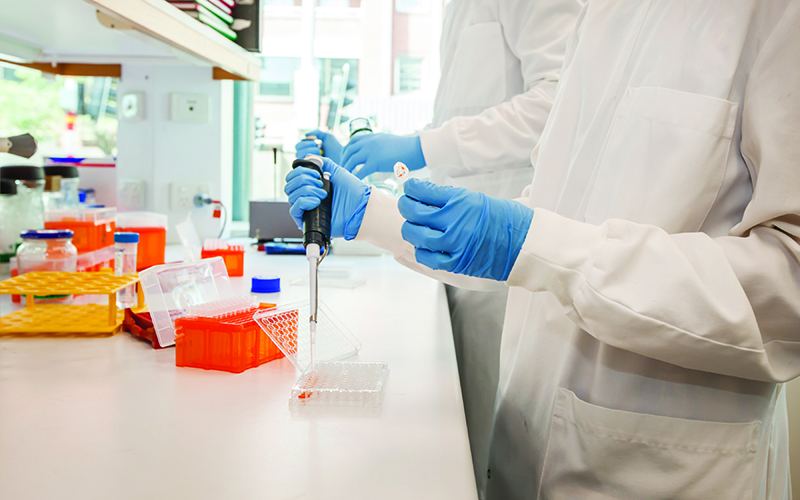
News & Events
Replication of rare aggressive brain cancer could pave the way for better treatmentsIn an Australian-first, The Kids Research Institute Australia researchers have developed a new tool that could improve outcomes for children with a highly aggressive type of brain cancer.
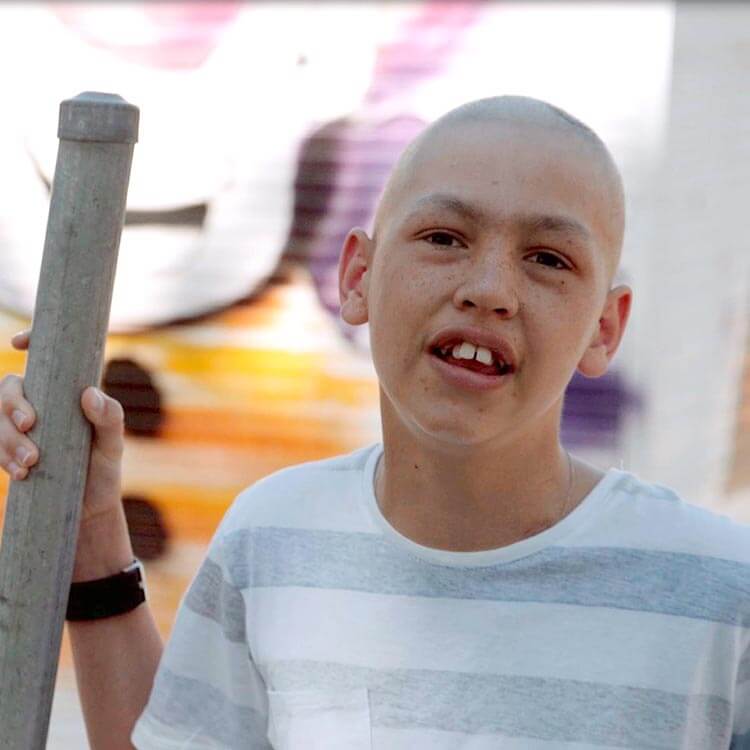
News & Events
'Natural killers' potential new cancer weaponThe Cancer Immunology team at The Kids is investigating how the body's 'natural killer' cells can be harnessed to fight cancer – whilst also protecting kids from nasty chemotherapy side effects.
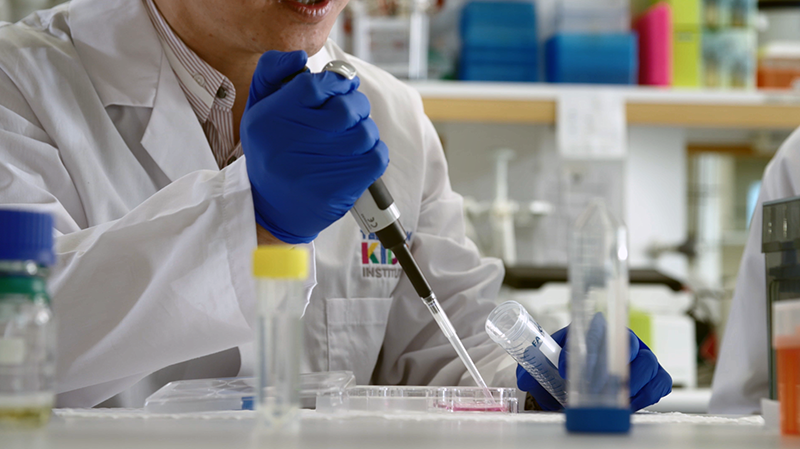
News & Events
NHMRC funding boost to child health researchThe Kids researchers will use nearly $8.5 million awarded by the National Health and Medical Research Council (NHMRC) to tackle health issues including respiratory disease, brain cancer, vaccination and Aboriginal health.
News & Events
Experts Pledge Global Assault on Kids’ CancerA global plan to tackle one of the most aggressive types of childhood brain tumours will be developed as a result of a meeting of international experts in WA.
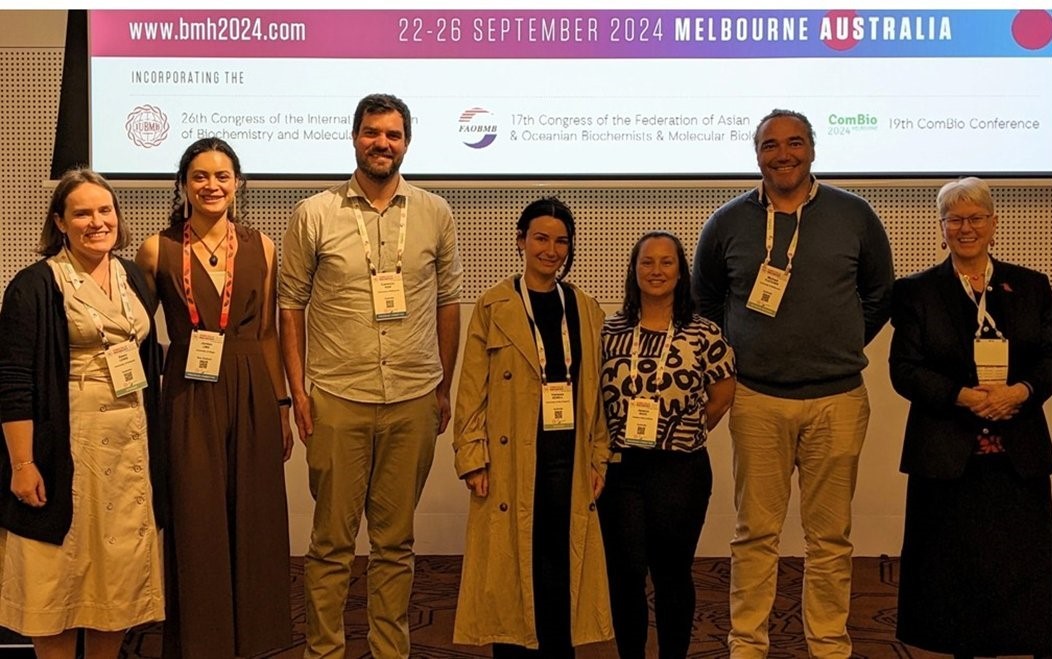
News & Events
Beyond the horizon: improving cancer outcomes for Indigenous childrenDr Jessica Buck, a researcher at The Kids Research Institute Australia Cancer Centre and a Kamilaroi woman, is on a mission to address the unique challenges faced by Aboriginal and Torres Strait Islander children with cancer.
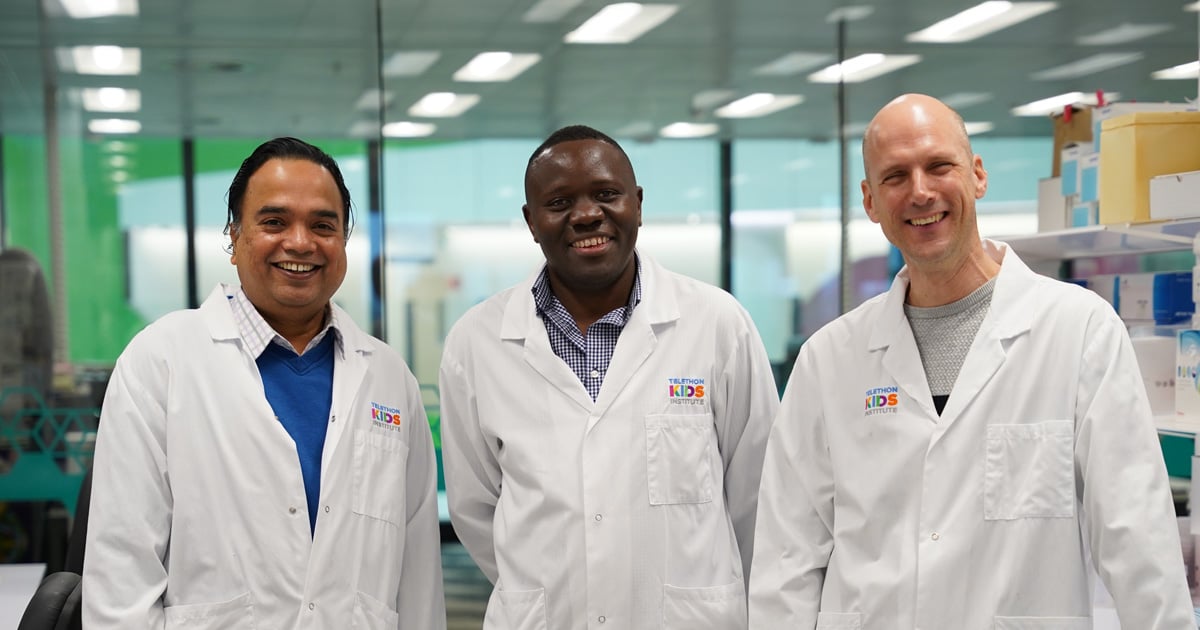
News & Events
Lab results confirm promise of new immunotherapy gel for kids cancerNewly published research from The Kids Research Institute Australia and The University of Western Australia has found a gel applied during surgery to treat sarcoma tumours is both safe and highly effective at preventing the cancer from growing back.
Research
The bone marrow microenvironment of pre-B acute lymphoblastic leukemia at single-cell resolutionThe bone marrow microenvironment (BMM) plays a key role in leukemia progression, but its molecular complexity in pre-B cell acute lymphoblastic leukemia (B-ALL), the most common cancer in children, remains poorly understood. To gain further insight, we used single-cell RNA sequencing to characterize the kinetics of the murine BMM during B-ALL progression.
Research
Gain of chromosome 21 in hematological malignancies: lessons from studying leukemia in children with Down syndromeStructural and numerical alterations of chromosome 21 are extremely common in hematological malignancies. While the functional impact of chimeric transcripts from fused chromosome 21 genes such as TEL-AML1, AML1-ETO, or FUS-ERG have been extensively studied, the role of gain of chromosome 21 remains largely unknown.
Research
Preclinical Evaluation of Carfilzomib for Infant KMT2A-Rearranged Acute Lymphoblastic LeukemiaInfants with KMT2A-rearranged B-cell precursor acute lymphoblastic leukemia (ALL) have poor outcomes. There is an urgent need to identify novel agents to improve survival. Proteasome inhibition has emerged as a promising therapeutic strategy for several hematological malignancies. The aim of this study was to determine the preclinical efficacy of the selective proteasome inhibitor carfilzomib, for infants with KMT2A-rearranged ALL.
